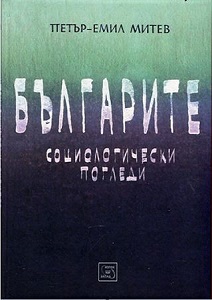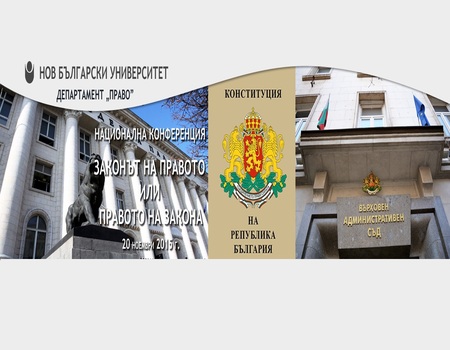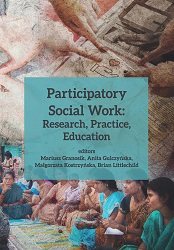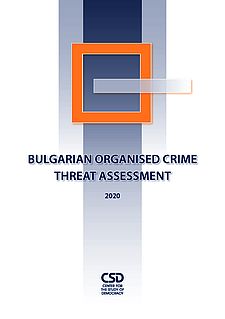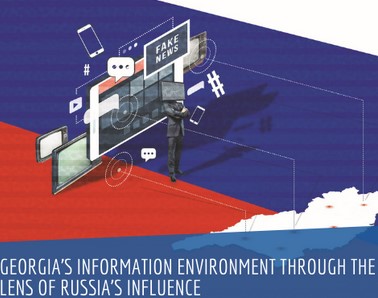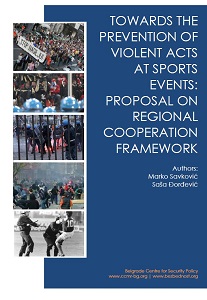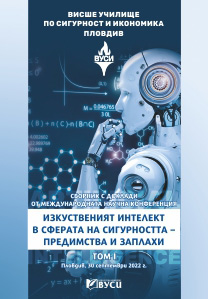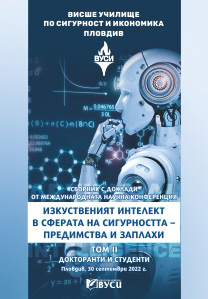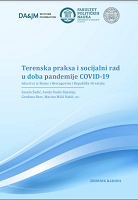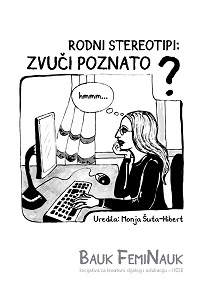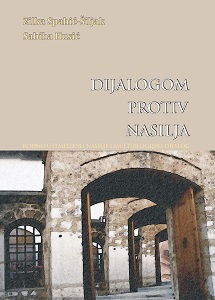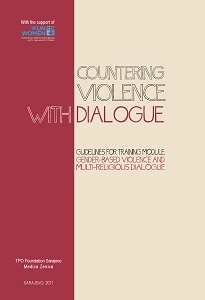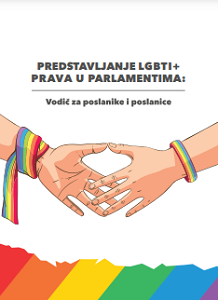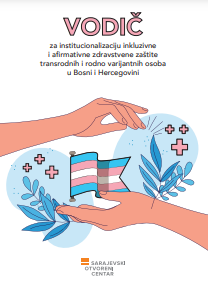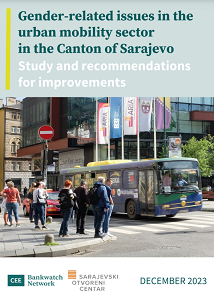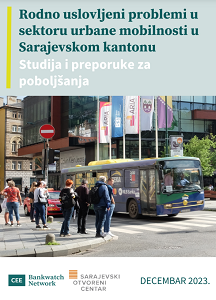Author(s): Zilka Spahić Šiljak,Sabiha Husić,Milica Bakić-Hayden,Marija Grujić,Jadranka Rebeka Anić,Alen Kristić / Language(s): English
The Dialogue Against Violence training course originated as part of the “Gender-based Violence and Multi-religious Dialogue” project jointly implemented by the TPO Foundation and Medica Zenica with the support of UN Women. The project was conceived and designed to build on the activities begun by the TPO Foundation in 2008 to promote the CEDAW Convention and UN Resolution 1325 on women, peace and security. After successfully concluding a training seminar entitled “Modification of Cultural Behaviour Patterns of Women and Men in B-H” in 2009, attended by representatives of nine NGOs from B-H, TPO and Medica Zenica decided to continue this type of training, with particular reference to gender-based violence and multi-religious dialogue. Since women are largely excluded from multi-religious dialogue and peace building in official projects of the state and religious communities, our intention was to draw on the potential and capacity developed by NGOs in B-H since the war, and to strengthen them by means of further training to develop the skills needed to overcome stereotypical cultural behaviour patterns and predetermined gender roles. This training package is innovative in both content and methodology, analyzing gender-based violence issues and multi-religious dialogue on a comparative, interdisciplinary and gender-sensitive basis. The comparative approach to the gender perspectives of the monotheistic religious heritage of Catholicism, Orthodox Christianity and Islam provides a clearer insight into the arguments and views of universalists and cultural relativists concerning women’s rights, as well as revealing the similarities and differences of these three religious traditions as they define gender policy in their own discourse. Though we live in a secular society in B-H, religion plays an important part in defining identity and gender relations, and it is vital therefore to include a religious perspective in every area of civil society, taking advantage of the positive potential and arguments of the monotheistic faiths. Our aim with this type of training is to conduct a dialogue between the religious and the secular, the faith-based and the civil, the theistic and the atheistic, so as to show that it is possible to change people’s awareness of and views on gender-based violence, which is affecting every stratum of society and undermining the sound foundations of family life and society as a whole. We hope that this training course and the accompanying material will give women in local nongovernmental organizations and religious communities greater capacity to respond to the challenges of the context in which we live and the problems faced by the women, children and even men affected by violence. After completing the training course/seminars, participants will continue working in their own local communities to educate as many women and men as possible on issues of peace, reconciliation, non-violence and dialogue, as vital prerequisites for a life without violence. We should like to take this opportunity to thank our co-workers, Dr. Milica Bakić-Hayden, Dr. Jadranka Rebeka Anić, Marija Grujić MSc, and Alen Kristić MSc, who worked with us on developing the training course. We are particularly grateful to Marija Grujić MSc, who prepared the workshops for the texts on peace, non-violence and multi-religious dialogue. Our thanks also go to UN Women for supporting this project, and to the non-governmental organizations in B-H who are helping to publicize and implement the CEDAW Convention and UN Resolution 1325 on women, peace and security. We should like to make it clear that the ideas and views expressed in this book do not reflect the official views of UN Women.
More...
